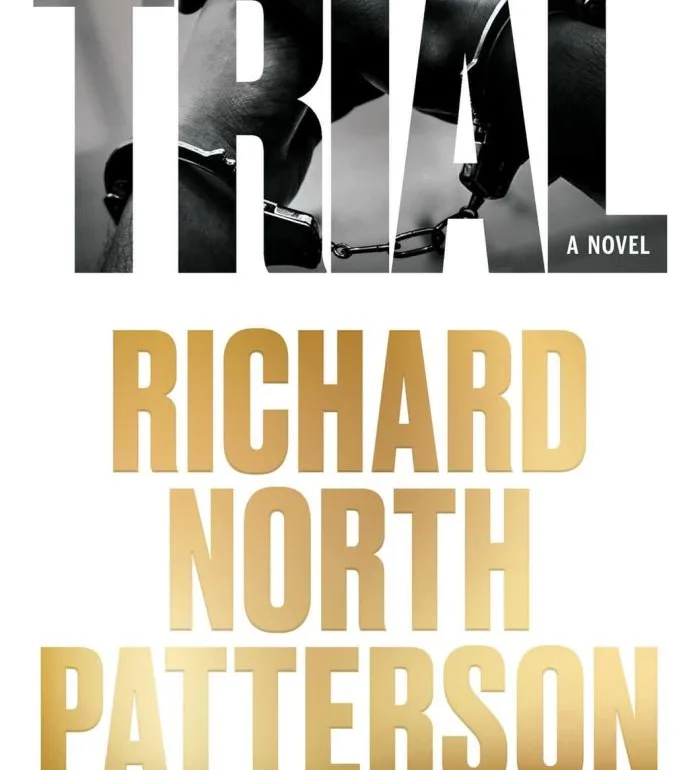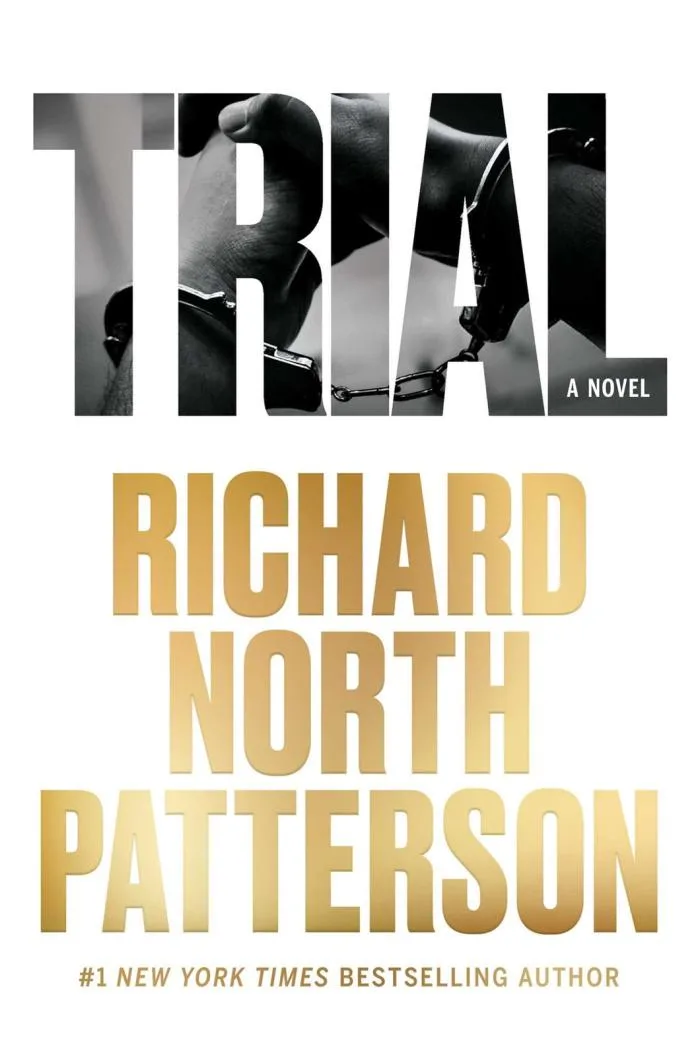A mystery, thriller and second chance romance set within the backdrop of a televised murder case, Richard North Patterson’s new novel, Trial, puts some of America’s most urgent issues concerning race and voting rights on the stand.
The novel follows a Black voting rights activist in Georgia whose son is charged with murder. The trial is televised, and in Washington, D.C. the news piques a white congressman’s attention: the activist was his college girlfriend and the man on trial is the son he never knew he had.
Trial is Mr. Patterson’s first book in nine years. In the time since publishing his last novel, he wrote political columns for numerous national publications, principally the Bulwark, The Atlantic, the Boston Globe, Huffington Post and USA Today.
After feeling he had written enough political essays, Mr. Patterson turned to the venue the lawyer turned writer knows well: novels involving law and criminal trials.
Mr. Patterson said that writing Trial was a way to urge his readers to confront political and social issues that, for many, might not be front of mind.
“Whether white people think about race is optional. That’s not true for non-white people, who have to engage the problem directly,” Mr. Patterson said in a recent interview at his West Tisbury home. “I felt it was necessary to use my platform to write about an issue of this urgency.”
But the road to publishing Trial was paved with obstacles.
Despite a writing career that includes 16 New York Times bestsellers and more than 25 million copies sold worldwide, Mr. Patterson’s new novel was rejected by 19 publishers before it landed with Post Hill Press, a small Tennessee-based publisher that typically publishes conservative and Christian titles.
The issue, Mr. Patterson said, was because of what he terms “identity authorship.”
Mr. Patterson said that the publishers who rejected his work all cited the same issue: as a white man, he did not have the personal experience or identity to write about Black characters facing racial issues.
“It is certainly true that if I were African American, I would have a direct experience of racial difficulties that I, as a white guy, don’t have. I am well aware of that,” he said. “It’s why I did the work that I did.”
While researching his novel, Mr. Patterson traveled to Georgia frequently, meeting with African-American voting rights activists, Black mothers and two judges (one Black and one white), among countless other individuals across the state whose personal testimonies informed the book.
“What is incumbent on a writer that decides to write outside of their identity is to do the work,” he said. “None of the 50-plus people I talked with raised a question of my identity with me. The only people who seemed to have an issue were the white publishing executives in New York City who have appointed themselves the literary benefactors of Black America.”
This is not Mr. Patterson’s first foray into writing about inherently unfamiliar topics and characters. It is not even his second.
He released Protect and Defend in 2000, which followed the controversial nomination of the first woman to be chief justice of the Supreme Court and discussed cases of late-term abortion and parental consent. The novel became a number one New York Times bestseller and received a Maggie Award from Planned Parenthood for its treatment of reproductive rights issues.
In 2007, Mr. Patterson published Exile, which was nominated for South Africa’s leading literary award for its focus on the Israeli-Palestinian conflict. More recently, in 2013, Gloria Steinem, leader of second-wave feminism, praised his book Loss of Innocence, which follows a 21-year-old woman exploring her sexual and intellectual independence in the 1960s.
The previous books all center around characters with a primary identity Mr. Patterson does not share. But his new novel, he said, is the first to raise red flags with publishers.
An old hand at writing about law and politics, Mr. Patterson draws from his successful career as a lawyer that preceded his work as a novelist. He said the experience informed his process as a writer, teaching him how to craft a compelling narrative and understand how individuals react under stress.
Trial’s courtroom drama is familiar for Mr. Patterson, whose novels often feature heated legal scenes. He said the setting introduces relevant political and social conversations to readers.
“This was an opportunity for me to return to a template that I have written about successfully, and use it to address issues like white nationalism, the use of racial anxiety and anger by politicians and the media, the problem of unequal law enforcement — which of course came before George Floyd but has been with us constantly — and the difficulty of getting a fair trial for a black defendant in racially charged circumstances,” he said.
Despite the negative response from publishers, Trail has received numerous endorsements from Black leaders and scholars, including one from Bruce Gordon, former chief executive officer of the NAACP.
“I don’t want to be the aggrieved white guy — that’s not the point,” Mr. Patterson said. “The point is preemptive censorship is fundamentally wrong as a literary manner and a societal manner.”
Mr. Patterson said that he is satisfied with his book, regardless of its mixed reception. He said that as long as it prompts his readers to consider issues faced by the majority of Black Americans, he has used his platform well.
“One thing I tried to do is create some basis for understanding among white people, what it might be like to live in an environment where your race is really an issue,” he said. “Where your kids might be at risk. Where the rights of your family and your community might be in question. Where the racial history of our past influences our present. I don’t think white people should be looking to get a pass from looking at racial history in this country, which is the main reason why I wrote this book.”
Richard North Patterson takes part in a panel discussion at 10:30 a.m. on August 5, and a conversation with Carol Gilligan at 12:20 p.m. on August 6.



